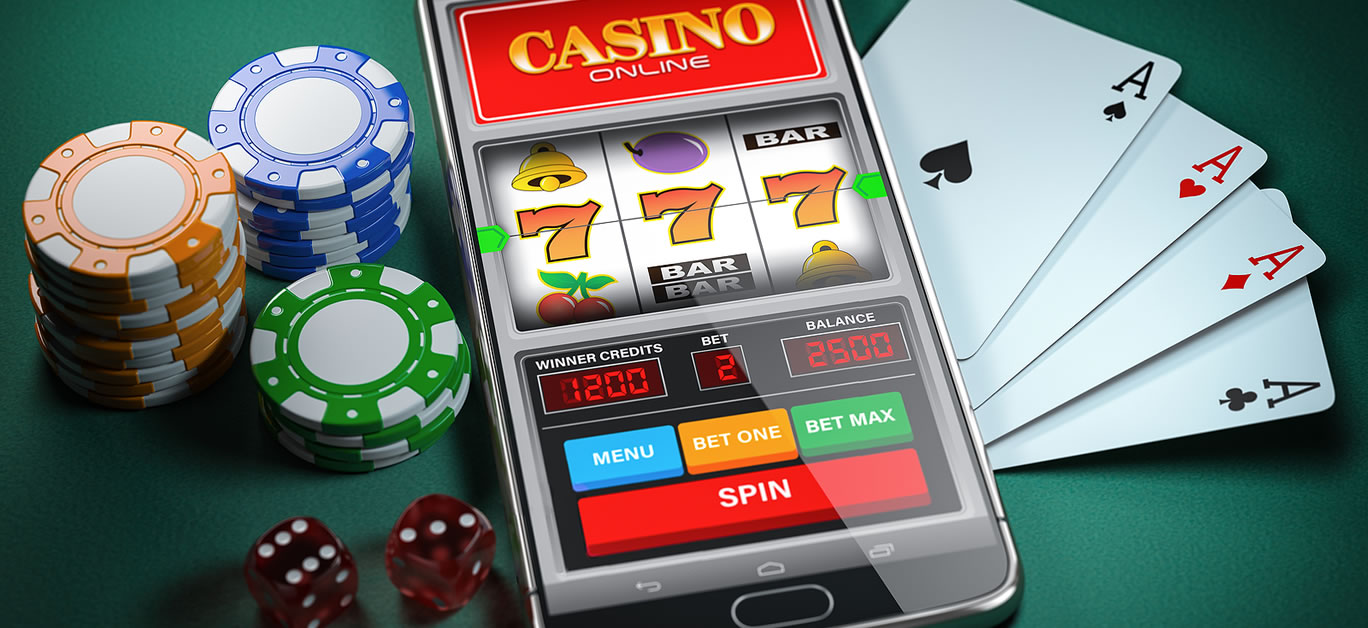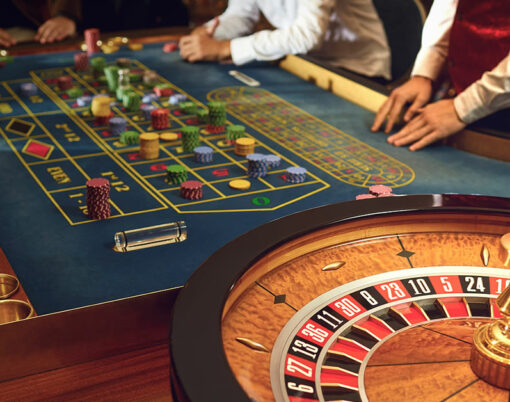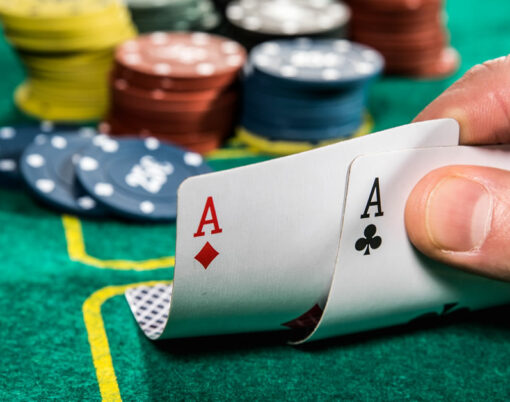With the incredible developments in digital technology in the past decade, it is little wonder that online consumerism has overtaken traditional industries, leaving bricks and mortar establishments trailing in its wake. Whether it be retail, or real estate, online transactions have gradually outmuscled their high street equivalents.
Of all the industries influenced by the advances in internet technology and personal devices, though, gambling may have experienced the largest cultural shift of all.
Moving online
According to market consumer data website Statista, the gambling industry as a whole, incorporating traditional and online markets, continues to grow.
In 2011, the gross gambling yield (GGY) of the gambling industry in 2011 was reported to be £8.4bn. By 2018, that figure had almost doubled to £14.4bn. What’s more interesting, though, is that the growth seems to be primarily attributable to online gambling.
The Statista report estimates the GGY of ‘remote’ gambling, which includes online, as £5.5bn – over a third of the total market yield. This figure simply dwarfs traditional outlets associated with games of chance, including UK casinos (£1.05bn), bingo (£0.7bn) and arcades (less than half a billion).
According to figures released by the Gambling Commission, 36.6 million remote gambling accounts existed in the United Kingdom in 2018, with 33.6 million considered ‘active’ – meaning that some form of gambling had taken place through the account in the year of 2018.

Taking a punt
So, we have established that the online gambling industry is experiencing a massive boom, which is surely enhanced further by coronavirus restrictions and a period of enforced high street closures – but what are punters playing?
According to research from the Gambling Commission, betting equates to £2.1bn of the remote GGY, with football and horse racing leading the way, while remote bingo contributes nearly £200m towards the total figure. However, the largest contributing sector is the online casino industry, which contributes £3.2bn towards the GGY.
Online slots and table games at the likes of Betway88
But how does an online casino work? In short, it offers digital versions of many popular casino staples, (check out Betway88 as an example of the quality and quantity of casino games available).
It may seem, on the face of it, to be less reliable than a slot machine you can physically touch, but online slots are regulated to provide a similar return to their traditional counterparts.
Instead of a mechanical function that stops the reels at a certain point, online slots operate by using what is known as a random number generator to operate the reel functions. These random number generators are regulated by online gambling authorities, ensuring that they meet the requisite standard for digital gaming.

The house edge
Of course, the casino, known as the ‘house’ in gambling parlance, always retains an edge – whether that’s in a physical establishment, or online. However, it’s not as clear cut as you may think.
There are plenty of common myths when it comes to games of chance in casinos, and these are arguably as prevalent in online circles. One such myth is the notion that slots work in cycles of wins or losses – and will only pay out after a certain run of taking players’ money. This is not strictly true.
There are a number of influencing factors on the likelihood of winning on any individual pull of a slot lever, and these probabilities remain static upon each play – whether you have won or lost on the previous play. These factors include, but are not limited to: bonus features, number of reels in play, and win size variance.
Regulated slots generally have a ‘return to player’ of somewhere between 96%-99%. Which means, as implied, any slot player is likely to lose around 3% of their stake over an extended period of play. This is the house edge.
The key, as with all forms of gaming, is to know when you’re ahead, and act accordingly.
Online gambling’s stock is rising
If you are still not convinced of online gambling’s staying power, the stock market grows increasingly bullish about its prospects.
GAN Ltd, DraftKings and Flutter Entertainment PLC, three companies which offer online gambling, have all seen their share values steadily increase during the pandemic period, despite the global crash associated with Covid-19.
Please gamble responsibly (18+ UK) – check age restrictions before participating






















